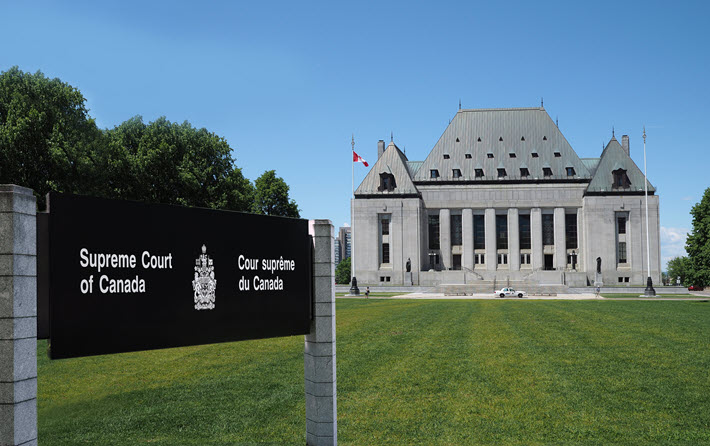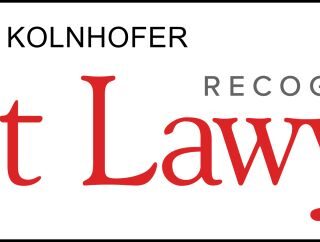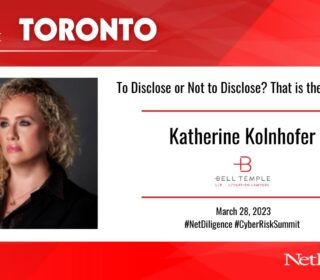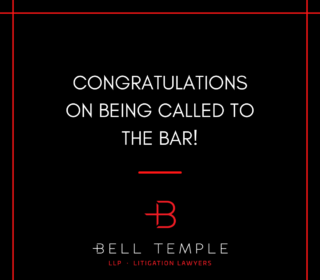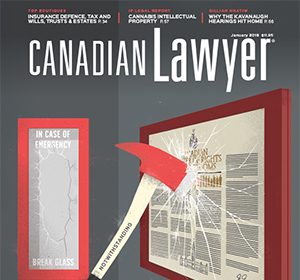The Supreme Court of Canada (“SCC”) released its decision in the Trial Lawyers Association of British Columbia (“TLABC”) v. Royal & Sun Alliance Insurance Company of Canada (“RSA”), with our David Tompkins, Trevor Buckley and Mark Borgo acting on behalf of RSA.
On May 29, 2006, Steven Devecseri died in a motorcycle accident and others were injured. Jeffrey Bradfield and Jeremy Caton sued Mr. Devecseri’s estate. RSA defended the estate in the two lawsuits. Three years after the accident, and more than two years into the litigation, RSA learned that Mr. Devecseri had consumed alcohol immediately before the accident, breaching the terms of his insurance policy. RSA stopped defending the estate and denied coverage. As a result, the responding policy limits dropped from $1,000,000 to $200,000. Three years later Mr. Caton went to trial and obtained judgment against Mr. Devecseri and Mr. Bradfield. Mr. Bradfield obtained judgment on his crossclaim against the estate.
Mr. Bradfield, through his insurer State Farm, sought a declaration allowing him to recover judgment against RSA on the basis that it waived its right to deny full coverage when it entered a defence on behalf of the estate. The trial judge granted the declaration, finding that RSA had waived its right to deny full coverage.
RSA then appealed the decision to the Court of Appeal for Ontario. It held that RSA could deny coverage, despite having provided a defence to the estate, because RSA did not know of the policy breach when it defended, despite taking reasonable steps to investigate the circumstances of the accident at the outset of the claim. Mr. Bradfield appealed to the SCC, but after being granted leave, he settled with RSA and discontinued his appeal.
Although the appeal was moot, the TLABC pressed the issue and brought a motion to be substituted for Mr. Bradfield. The motion was granted and the SCC agreed to hear the appeal. The majority found that waiver by conduct was precluded by statute at the relevant time. With respect to promissory estoppel, the majority held that an insurance company with no knowledge of a policy violation may deny full coverage once made aware of the violation. The appeal was dismissed.
The full decision is available below:
https://scc-csc.lexum.com/scc-csc/scc-csc/en/19075/1/document.do

